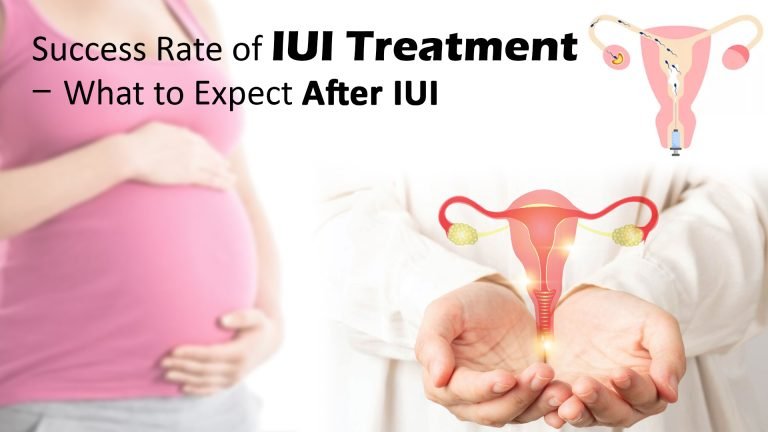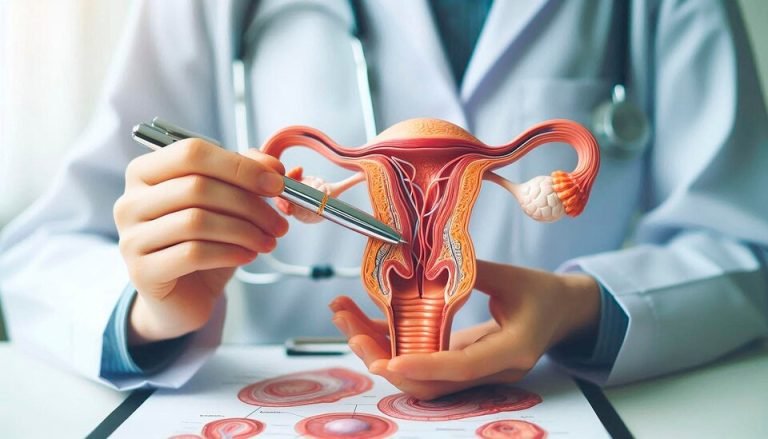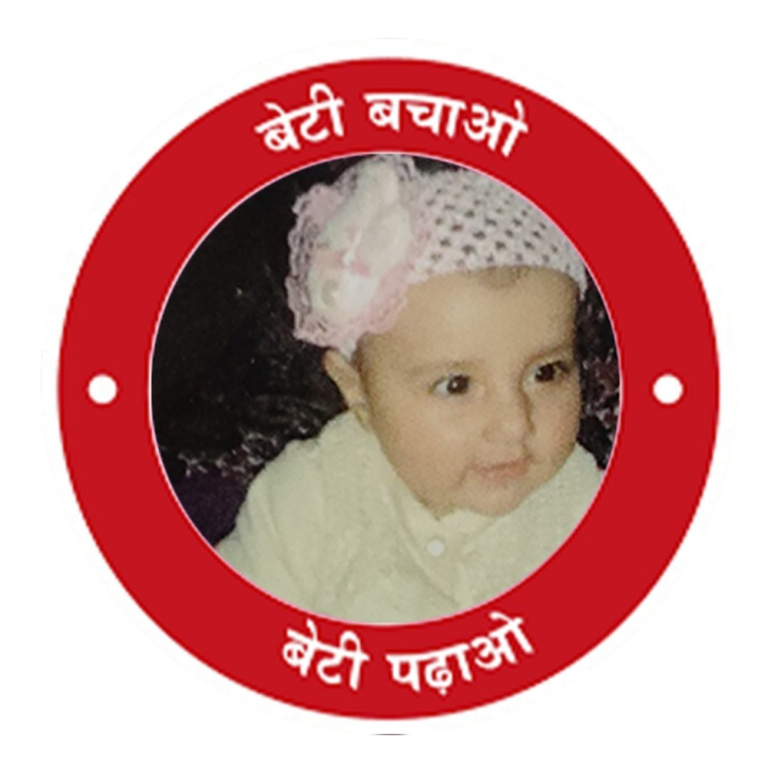Success Rate of IUI Treatment – What to Expect After IUI
Intrauterine insemination (IUI) is a popular fertility treatment option for individuals and couples experiencing difficulties conceiving. The procedure involves placing sperm directly into the uterus during ovulation, increasing the chances of fertilization. Many factors influence the success rate of IUI, such as age, sperm quality, and ovarian health. In this article, we will explore these factors in detail and provide insights into what you can expect before, during, and after the IUI process.
Understanding IUI (Intrauterine Insemination)
IUI, or intrauterine insemination, is a fertility treatment designed to increase the chances of pregnancy for those facing fertility issues. The procedure is relatively simple: during a woman’s ovulation period, a concentrated sample of sperm is placed directly into the uterus. This technique bypasses potential obstacles, such as sperm motility problems or cervical mucus issues, giving the sperm a better chance to reach and fertilize the egg.
The step-by-step procedure of IUI typically involves several stages, including ovulation monitoring, sperm preparation, and the insemination process itself. Afterward, the patient goes through the crucial “two-week wait” (TWW) to determine if the treatment was successful.
Who is IUI Suitable For?
IUI is ideal for individuals and couples facing specific fertility challenges. It is commonly recommended for those with mild male infertility issues, unexplained infertility, or for women using donor sperm. This method is also a viable option for LGBTQ+ couples and single women looking to conceive.
Conditions such as low sperm count, low sperm motility, and problems with cervical mucus are often addressed with IUI. However, it is essential to consult a fertility specialist to assess whether IUI is the most suitable treatment option based on your unique situation.

Factors Affecting the Success Rate of IUI
The success of IUI treatment is influenced by a variety of factors. Age plays a significant role, with younger women generally experiencing higher success rates compared to older women. Ovarian health, sperm quality, and the timing of insemination are also crucial in determining the outcome. Understanding these factors can help set realistic expectations for the success rate of IUI treatment
Success Rate of IUI by Age Group
Age is one of the most critical factors in the success of IUI. Women under 35 years of age typically have higher success rates, with an estimated 15-20% chance of conception per cycle. Women between 35 and 40 see a slight decline, with a success rate ranging from 10-15%. Women over 40 face more challenges, with success rates around 5-10% per cycle.
Medicated vs. Unmedicated IUI Cycles
Some women may undergo IUI with the assistance of fertility medications to stimulate ovulation. These medicated cycles generally have higher success rates compared to unmedicated cycles, as they increase the chances of producing multiple eggs for fertilization. However, medicated cycles may come with additional side effects and costs.
Timing of the IUI Procedure
The timing of the IUI procedure is crucial for success. Ovulation monitoring is done through ultrasounds and hormone level tracking to ensure the procedure is performed at the optimal time. Proper timing increases the chances of sperm meeting the egg and fertilization occurring.
Multiple IUI Cycles: How Many Attempts?
While IUI can be successful on the first attempt, it often requires multiple cycles to achieve pregnancy. On average, it takes 3-4 cycles to see positive results. Fertility specialists recommend giving IUI several tries before considering more invasive treatments like IVF.

The Role of Lifestyle in IUI Success
Lifestyle factors such as diet, exercise, and stress levels can significantly impact fertility and IUI success rates. Maintaining a healthy weight, eating a nutrient-rich diet, and managing stress through techniques like yoga or meditation can improve the chances of a successful outcome.
IUI Success Rates with Donor Sperm
For those using donor sperm, IUI success rates tend to be slightly higher due to the high quality of donor sperm. This option is particularly beneficial for single women, LGBTQ+ couples, and individuals dealing with male infertility issues.
What to Expect After an IUI Procedure
After the IUI procedure, it’s common to experience mild cramping or spotting. The two-week wait (TWW) following IUI can be an emotionally challenging period, as patients await the results of a pregnancy test. It’s essential to maintain a healthy and positive mindset during this time.
Signs and Symptoms of IUI Success
Early signs of pregnancy after IUI can include missed periods, light spotting, and symptoms such as fatigue, nausea, or breast tenderness. However, the only definitive way to confirm pregnancy is by taking a pregnancy test about two weeks after the procedure.
Risks and Side Effects of IUI
While IUI is generally safe, it is not without risks. Some potential side effects include mild cramping, infection, and ovarian hyperstimulation, especially in medicated cycles. Discussing these risks with your fertility specialist can help you make informed decisions about your treatment.
When IUI is Unsuccessful: Next Steps
If IUI is unsuccessful after several cycles, couples may consider other fertility treatments such as IVF (in vitro fertilization). Consulting with a fertility expert will provide guidance on the best next steps based on individual circumstances.
Financial Considerations for IUI Treatment
IUI can be a more affordable option compared to other fertility treatments, but costs can still add up, especially after multiple cycles. It is essential to understand the financial aspects, including insurance coverage and out-of-pocket expenses, to plan accordingly.
FAQs About IUI Success Rates:
How successful is IUI on the first try? IUI has a success rate of 10-20% on the first try, depending on various factors such as age and sperm quality.
Can lifestyle changes improve IUI success? Yes, healthy lifestyle changes like proper diet, exercise, and stress management can positively impact IUI success.
What is the success rate of IUI with Clomid? IUI success rates with Clomid, a fertility medication, can range from 15-20% per cycle.
How does IUI compare to IVF? While IUI is less invasive and less expensive, IVF tends to have higher
Welcome to BabyBloom IVF, where your journey to parenthood is nurtured with care, expertise, and the latest advancements in fertility treatment. Located in the heart of Gurgaon, Babybloom IVF is the Best IVF Centre in Gurgaon & leading fertility center dedicated to helping couples achieve their dreams of starting or growing their families.
Contact Us
Address No.1 I, block, 189, near Baani Square, South City II, Sector 50, (Gurgaon) Gurugram, Haryana 122018
Address No.2 Babybloom IVF, Nursing Home, Civil Rd, Company Bagh, Rohtak, Haryana 124001

Brought Happiness to the world
@BabyBloom IVF All Rights Reserved @2025

